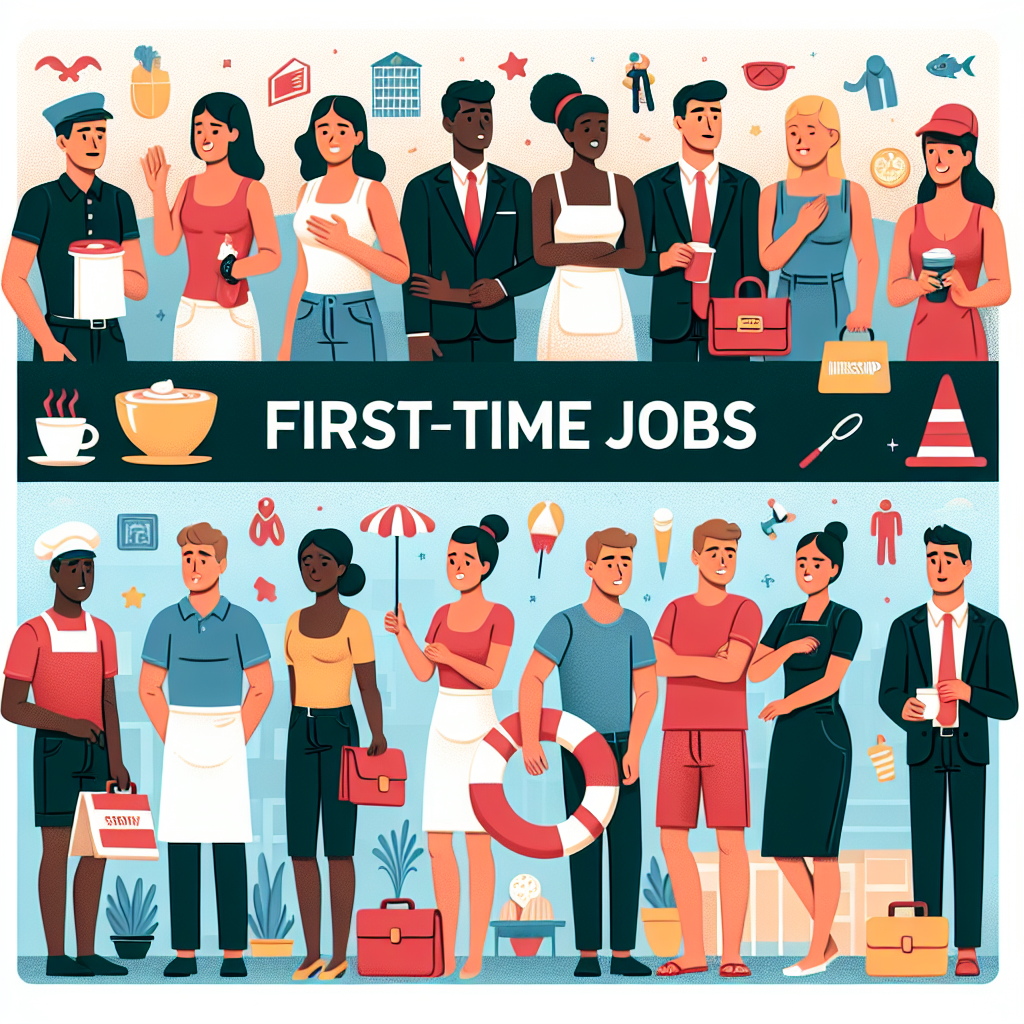Starting a first job is a big step — it builds confidence, introduces basic workplace expectations, and helps pay for things you want. Whether you’re a teen, a college student, or an adult trying something new, choosing a good first-time job matters. The right entry-level role can teach practical skills, create networking opportunities, and set the tone for future career choices. This article walks through what makes a strong first job, examples to consider, and actionable tips for applying and succeeding.
What to look for in a first job
Not every first job needs to be a career-defining position. Instead, prioritize roles that offer clear learning opportunities, flexible schedules, and a supportive environment. Consider these criteria when weighing options:
- Skill development: Will you learn communication, time management, problem-solving, or technical skills?
- Supervisor quality: A patient manager who provides feedback makes early experiences far more valuable.
- Schedule fit: Hours that allow for school, family obligations, or other commitments reduce stress and burnout.
- Growth potential: Even if the job is temporary, can it lead to promotions, new responsibilities, or useful references?
- Compensation fairness: Pay isn’t everything, but reasonable wages and transparent policies matter.
Good first-job examples and why they work
Below are common first-time jobs and the benefits each typically offers:
- Retail associate — Teaches customer service, inventory management, and teamwork. Retail work is widely available and flexible for students.
- Food service crew or barista — Builds multitasking, communication, and cash handling skills. Fast-paced environments also improve stress management.
- Babysitting or nannying — Offers responsibility, scheduling, and child-care experience. Great for building trust-based references and soft skills.
- Lifeguard — Teaches responsibility, attention to detail, and emergency response; often requires certification that is marketable elsewhere.
- Tutoring or camp counselor — Strengthens teaching, leadership, and subject mastery; useful for those interested in education or mentoring roles.
- Warehouse or stockroom work — Develops reliability, physical stamina, and inventory logistics experience; can lead to manufacturing or supply-chain roles.
- Administrative assistant or receptionist — Ideal for learning office software, scheduling, and professional communication.
- Internships (paid or unpaid) — Direct exposure to a field of interest and an opportunity to build a resume and professional network.
Pros and cons to weigh
Entry-level jobs vary widely. Retail and food service are easy to access but often involve irregular hours and lower pay. Internships may offer relevant experience but sometimes limited compensation. Babysitting, tutoring, and lifeguarding offer more autonomy but rely on building a client base or earning certifications. Match the job’s trade-offs with your immediate needs: income, learning goals, schedule, or resume-building.
How to find and apply for a first job
Start with a simple, honest resume that highlights reliability, communication, and any volunteer or school activities. Include references from teachers, coaches, or community leaders if you have no prior jobs. When applying:
- Use local job boards, store windows, and community centers for openings.
- Apply in person when possible — it demonstrates initiative and lets you make a personal impression.
- Prepare for interviews with examples of teamwork, punctuality, and how you handled challenges at school or on a team.
- Follow up politely after applying; persistence shows interest but avoid overdoing it.
Interview tips for first-time job seekers
Expect basic questions about availability, why you want the role, and how you handle responsibility. Practice brief stories that show reliability (e.g., coming early to events, leadership in group projects), and be ready to ask one or two thoughtful questions — such as what training looks like or what success in the role requires.
Succeeding once you’ve gotten the job
Early success comes from punctuality, a strong work ethic, and learning quickly. Take notes during training, ask for feedback, and volunteer for tasks that let you build visible competence. Keep records of accomplishments and responsibilities so that you can describe them on future applications or interviews.
Thinking ahead: turning a first job into long-term value
Even if a first job isn’t part of your dream career, it can be a stepping stone. Look for transferable skills and opportunities to take on leadership or training roles. Keep connections with supervisors and co-workers for references and potential future openings. Consider short certifications (first aid, customer service, point-of-sale systems) that increase your employability.
Finally, remember to check local labor laws and any age-specific restrictions or permit requirements before starting work. For reliable labor statistics and guidance on youth employment, see the Bureau of Labor Statistics’ youth employment information.
For more practical guides on resumes, interviewing, and career planning, explore our career resources.



